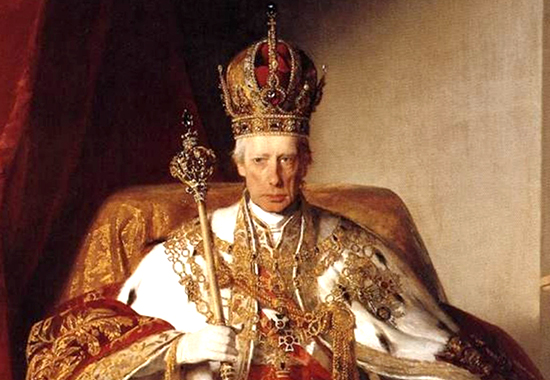You must have heard of the term Austrian emperor. Read on to find out what this phrase stands for as we trace the historical origins of the term.
The land that now exists as the Republic of Austria has been the stage for many historical dramas that have been held over time. Now a democratic republic Austria was once under the rule of absolute monarchy. It is from those times that the phrase Emperor of Austria has been derived. Basically it refers to a hereditary imperial title and position which was proclaimed by the Austrian Habsburg Holy Roman Emperor Francis II in 1804.
He continued to hold the title until he passed away with which his immediate successors inherited the title throughout the next century. The Habsburg family was the ruling party of Austria for over a century. They continued to hold the title up until 1918 which was when they were finally overthrown.
The origins
The first Holy Roman Emperor of Austria Francis began to feel the threat of aggression from Napoleon. The Holy Roman Empire was very dear to him and he wished to maintain the imperial status of his family in the future. In 1806 the Austrian led forces had their confrontation with Napoleon’s forces and suffered a humiliating defeat. As a result Napoleon managed to annex part of the old Reich and transformed them into a separate confederation of the Rhine.
When the Holy Roman Empire diminished in size due to its losses against Napoleon the Holy Roman Emperor Francis II now became the Emperor of Austria Francis I. Although this new title did not sound as prestigious as the older one Francis’s dynasty continued to be the ruling party for quite some time to come. He was still considered as the emperor known as Kaiser in the local language and not just the king of Austria.
The title of the emperor of Austria lasted for more than a century. The ironic thing was that it was never clear what all the Empire of Austria actually encompassed. Under the emperorship of Francis II all the Habsburg lands came under his kingdom or emperor-ship. The term kingdom is fit for a king but the term used for the territory under the emperor of Austria had a slightly different meaning.
Austria had been Archduchy since the 15th century. Many attempts at centralization of the states were made during the middle of the 19th century. Hungary and the non-Hungarian portions together constituted the kingdoms and lands represented in the imperial council.
It was at the end of the First World War that the title of emperor of Austria was abolished. German Austria became a separate republic in its own right and so all the other states that were part of the empire either established their independence or became part of other states.
There is an extensive list of titles that comes under the umbrella of Austrian emperors. They reflect the geographical expanse and the diversity of the different lands that were ruled by the Austrian Habsburgs.





